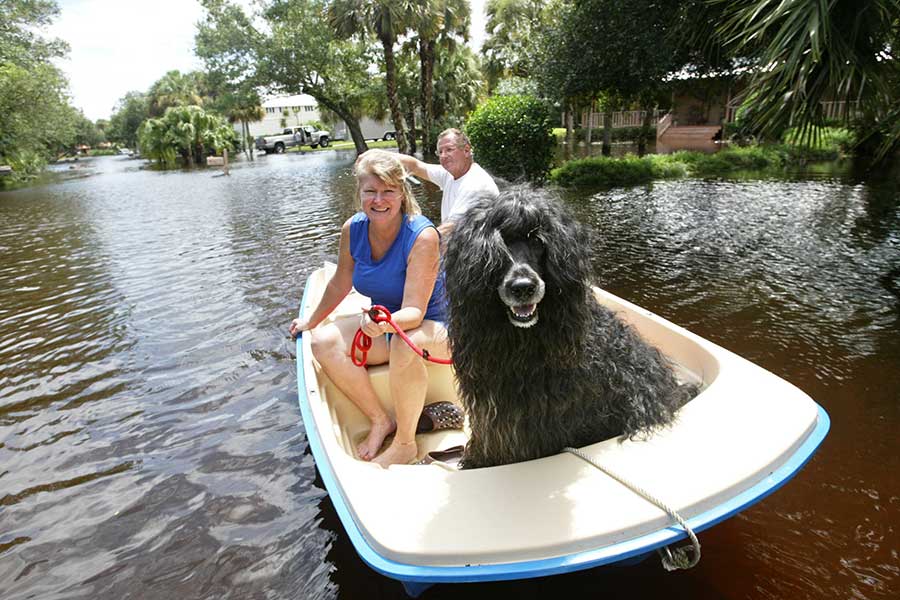While the Pennsylvania Society for the Prevention of Cruelty to Animals (PSPCA) has always been reactive, the organization’s Humane Education program seeks to be proactive in preventing future animal cruelty. This initiative accomplishes this task by reaching grades K-12 while also incorporating workshops for adults.
Since its launch in 2013, the Pennsylvania SPCA has provided interactive workshops and classes to educate students about humane treatment for animals. The Humane Education program started out as one-time classes and has grown to include year-long partnerships for individual schools. Currently, the project coordinates more than 90 presentations for groups ranging from 20-35 students.
By signing up on the PSPCA’s website, schools can decide what areas of interest their students will need. This can include animal welfare, animal safety and other topics geared toward pet care and veterinary sciences.
“In our presentations, we focus on ideas, activities and projects that make a direct impact on the animals in our shelter, homes and community,” said Mandy Hood, manager of Humane Education and Outreach. “Taking steps where students see the change they are creating firsthand motivates them to become social change-makers in society.”
These presentations also allow students to take field trips to the PSPCA headquarters, where they can explore animal-welfare jobs in different parts of the shelter. Recently, Build-a-Bear Workshop and the Petfinder Foundation awarded a $7,500 Youth Humane Education Grant, which allows the PSPCA to provide mini grants to students ages 6-14 to offset transportation costs for schools.
Hood, who identifies as queer, grew up in a conservative town in southern Florida where she frequently saw intolerance. She said she used to create volunteer opportunities for herself to challenge these injustices. Through her work, Hood said her queer identity helps her show students how to build tolerance.
“I want everyone to respect each other’s rights and their needs no matter how they might feel about each other,” Hood said.
She mentioned how it’s OK to not like all types of animals. For example, she said, some people may be afraid of snakes, but they still need to recognize the snakes’ needs and existence.
“We have to learn about their needs, why they’re important and why they exist in our community,” Hood said. “The basic thing that we need to do is respect them.”
Gillian Kocher, director of public relations and marketing for the PSPCA, said the overall goal of the program is to teach young people about animal care and to prevent animal cruelty in the future. She said, “The best day will be the day when [the PSPCA] close our doors” because it means the organization and program are no longer needed.
“The best day for us will be that day when there is no animal cruelty,” Kocher continued. “We don’t have to worry about that anymore and animals will all have homes and are treated well. I think this is part of getting to that dream goal someday.”
Teachers interested in having their own humane-education program at their schools can visit pspca.org/humane-education to fill out an interest form or email [email protected] for more information.
